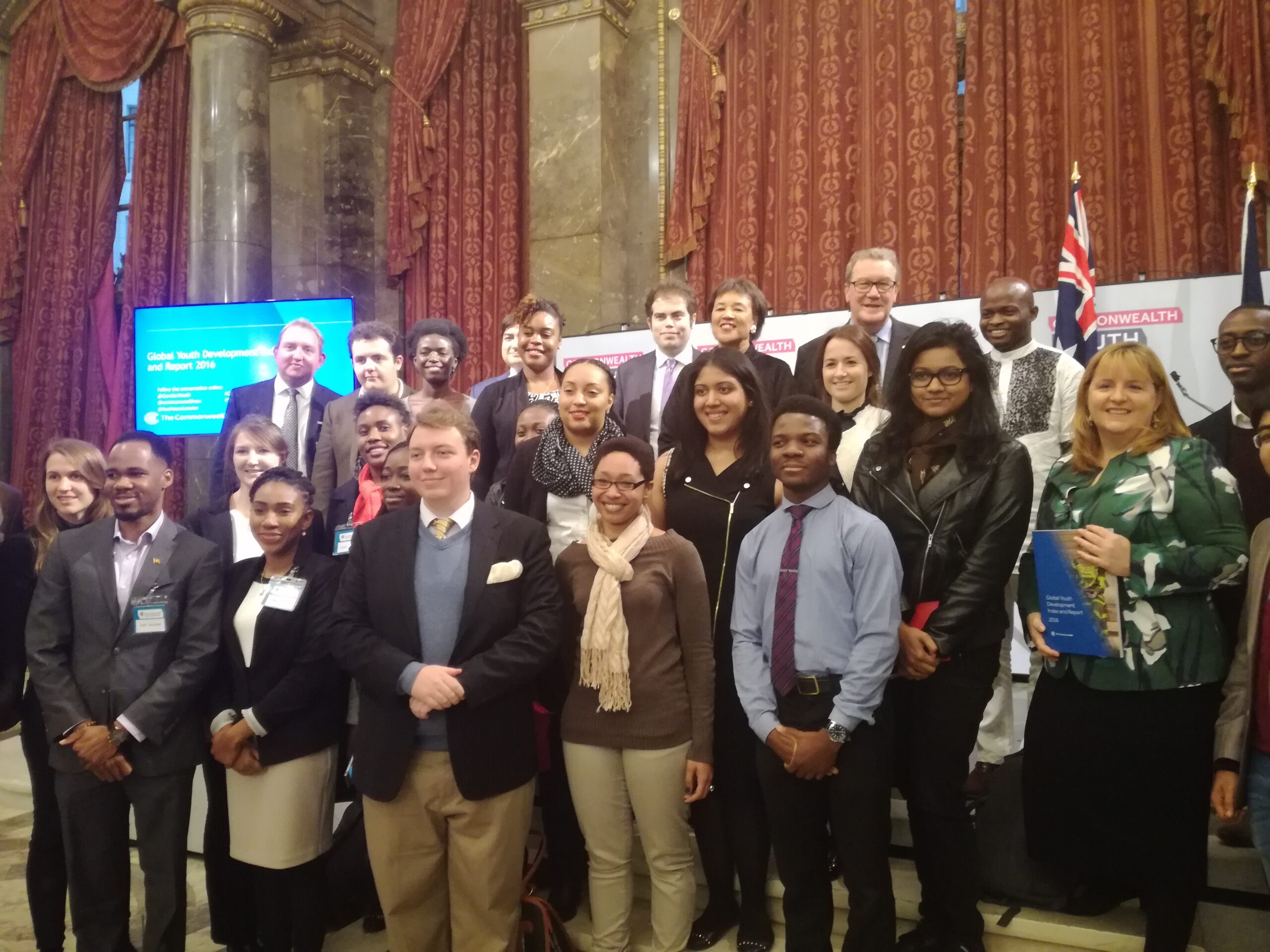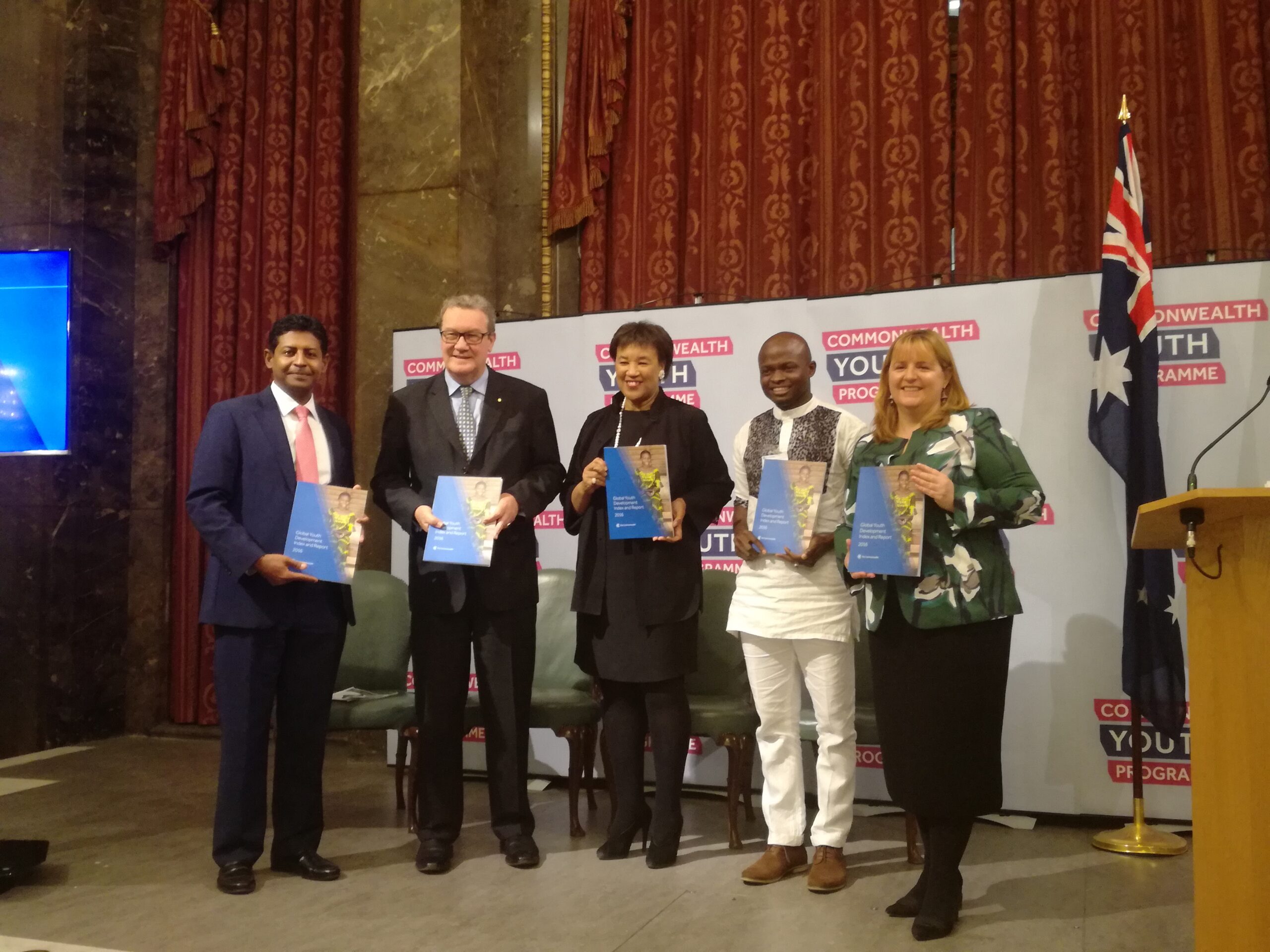Commonwealth launches Global Youth Development Index and Report
October 24th, 2016
The Global Youth Development Index and Report 2016 has successfully launched. The report provides an overview of the divide in opportunities for young people aged between 15 and 29 across 183 countries. There is a compilation of 18 indicators that collectively measure the opportunities for youth development in five key domains – education, health and well-being, employment and opportunity, political participation and civic participation.
Young people represent about a quarter of the world’s population, and the majority (87 per cent) live in developing countries. Surveyed countries were given a Youth Development Index (YDI) score, which is a number between 0 and 1. A score of 1 represents the highest achievement for youth development. By providing this measure, users can observe, monitor and measure youth development and experiences across the world with a single snapshot.
The top ten ranked countries are Germany, Denmark, Australia, Switzerland, United Kingdom, Netherlands, Austria, Luxembourg, Portugal and Japan.
The report indicates that, despite some progress, sub-Saharan Africa registers the lowest levels of youth development, followed by the South Asian and MENA regions. The 10 lowest YDI scores are all Sub-Saharan African countries – Central African Republic, Chad, Cote d’ Ivoire, Niger, Equatorial Guinea, Guinea-Bissau, Mozambique, Zambia, Democratic Republic of Congo and Mali.
Commonwealth Secretary-General Patricia Scotland said: “The Index throws down a challenge to policymakers everywhere – without action to promote youth empowerment, boost opportunities for employment and open up spaces for political dialogue, countries will be squandering their most precious resource and storing up problems for the future.”

The YDI aims to help governments to identify specific areas for evidence-based policies and programmes in order to improve youth development and participation. In line with this, the Commonwealth has developed a national YDI toolkit for countries to monitor and measure their progress anon youth development.
Dr Selim Jahan, Director of the UNDP Human Development Report Office, said, “To a great extent, the world’s ability to attain the SDGs by 2030 will depend on the capabilities of the young and the opportunities available to them. Therefore, the YDI is a welcome development that can help the world keep track of the progress we make in our pursuit of the SDGs in the next 15 years and beyond.”
To secure the achievement of the SDGs, the report calls for government departments, business, and civil society to continue to intensify their investment in youth development. The Global Youth Development Index and Report highlights the importance of young people working to the fullest to empower themselves, and underscores that young people are vital to achieving a better world for all.




